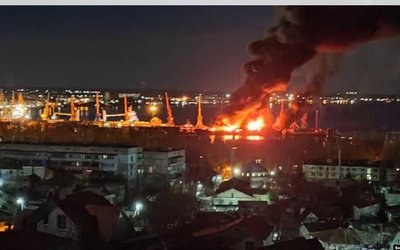Nepal and India have many commonalities. They share not only the natural border but also the culture, religion, family ties and ethnicity. This is the reason in all kinds of political relations between the two countries, their people-to-people relations have always been harmonious and smooth. Although Nepal and India are two nations divided by the political boundary, they share the same civilization, as two nations, one civilization. However, this is rarely reflected in the bilateral relations at the official level. This is understandable given the fact that Nepal is under a heavy influence of a radical communist ideology – which thrived in anti-Indian slogans. There is a gap of trust among the political leaders. Even prime minister Pushpa Kamal Dahal, who claims that he shares body chemistry with Indian Prime Minister Modi, has been expressing suspicions. As Prime Minister Prachanda is paying an official visit to India, we hope Nepal-India relations will take a new turn. For this issue, however, we have decided to cover social welfare day as our lead story, analyzing the role and misrule of non-governmental organizations in the national development. As Nepal's private banking and financial sector has jumped in the hydropower bandwagon, we have looked into the investment that is coming to generate electricity. All other important issues of the last fifteen days are there as usual.

Keshab Poudel
Poudel is the editor of New Spotlight Magazine.
- ERC Nepal Is Focused On Expanding Distribution And Transmission To The Private Sector: ERC Chair Dr. Dhital
- Jul 06, 2025
- FOURTH PROFESSOR Y.N. KHANAL LECTURE: Nepal-China Relations
- Jun 23, 2025
- Colonel JP CROSS: Centenary Birthday
- Jun 23, 2025
- BEEN: Retrofitted For Green
- May 28, 2025
- GGGI has been promoting green growth in Nepal for a decade: Dr. Malle Fofana
- May 21, 2025















